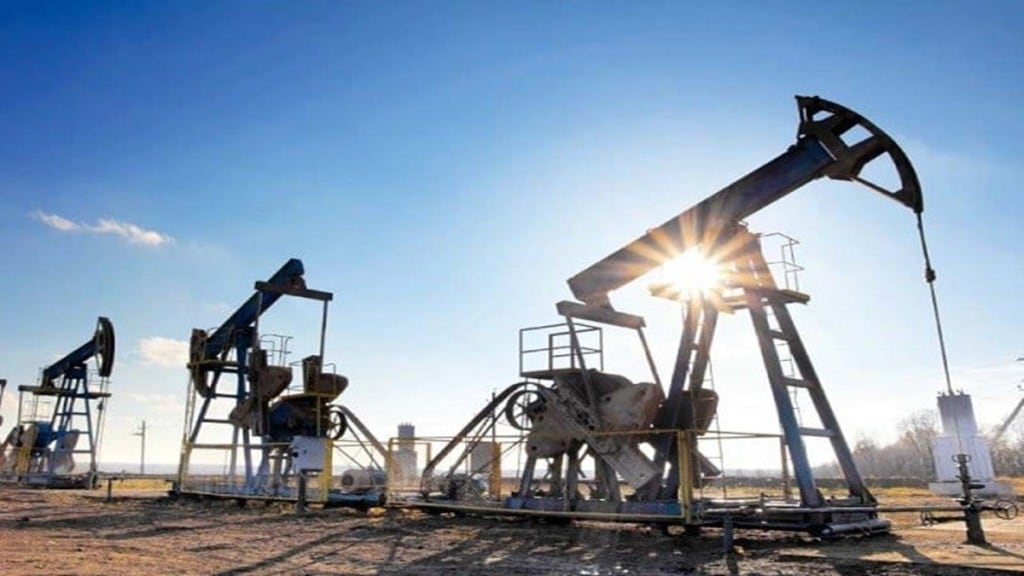The government on Monday scrapped the windfall tax on domestic production of crude oil and exports of petrol, diesel and aviation turbine fuel, effective immediately. The move marks the end of a levy introduced in July 2022 and comes as a big relief to oil producers and refiners.
The petroleum ministry had sought removal of the tax, noting that there is no relevance of the tax anymore as crude prices have stabilised from their earlier highs.
Shares of major oil producers Reliance Industries and state-owned Oil and Natural Gas recovered about 2% from their day’s low. Shares of RIL rose by 1.28% to Rs 1,311.05 against the previous close of Rs 1,292.45, while that of ONGC were up by 0.52% to Rs 258.10 from the previous close of Rs 256.75 on the BSE.
Windfall tax was implemented post the outbreak of conflict between Russia and Ukraine when oil prices spiked and remained above $100 per barrel for several weeks. The tax was aimed at curbing unprecedented profits earned by oil companies and generating additional revenue for the government. The cess imposed on crude oil lowered the realisations of upstream industry to ~$70-75/barrel. Likewise for HSD (diesel), MS (petrol) and ATF (aviation turbine fuel), it reduced the ex-refinery realisations, according to Prashant Vasisht, senior vice-president & co-group head—corporate Ratings, Icra.
Crude oil prices are now hovering around $70-75 per barrel on account of weak demand from China, the world’s largest consumer of oil, uncertain geopolitical situation, and projected glut of oil in the market.
Post the implementation of the tax, the government collected a revenue of Rs 25,000 crore in FY23, which dropped to Rs 13,000 crore in FY24. In the current fiscal so far, the government has collected Rs 6,000 crore as revenue from windfall tax.
“The scrapping of windfall tax is expected to have limited impact on oil companies as the same had been reduced to nil on crude oil since September 18, 2024 and on petroleum products since February 29, 2024. Oil prices have been muted in the range of $70-75/barrel over the past few months on account of the weaker-than-anticipated demand from China and tepid growth of rest of the world. Likewise the crack spreads of diesel, petrol and aviation turbine fuel have been muted owing to weak demand growth amid supply overhang due to which the windfall tax has been low or nil for much of CY2024. Accordingly scrapping the tax is expected to have limited impact on oil companies,” Vasisht said.
Since its imposition, there have been over 20 revisions in the cess, basis the movement in crude prices and crack spreads of HSD, MS and ATF. The government had raised the windfall tax on petroleum crude to Rs 7,000 per tonne from Rs 6,000 per tonne, effective July 16, 2024.
However, in August as crude prices started falling, it consequently slashed the windfall tax. By August 31, the cess on domestically produced crude oil was down to Rs 1,850 per tonne, which eventually dropped to zero per tonne, from September 18.
